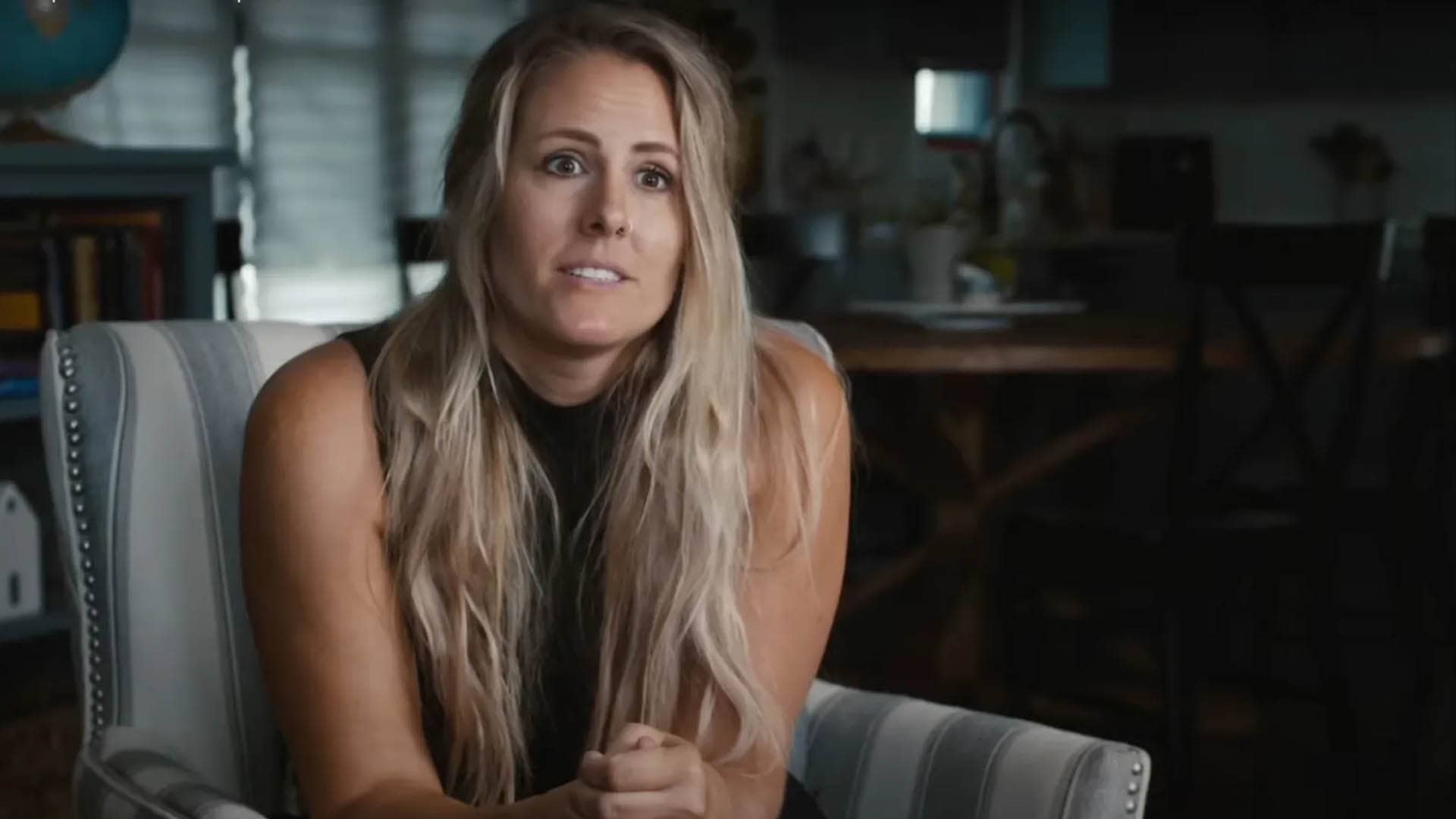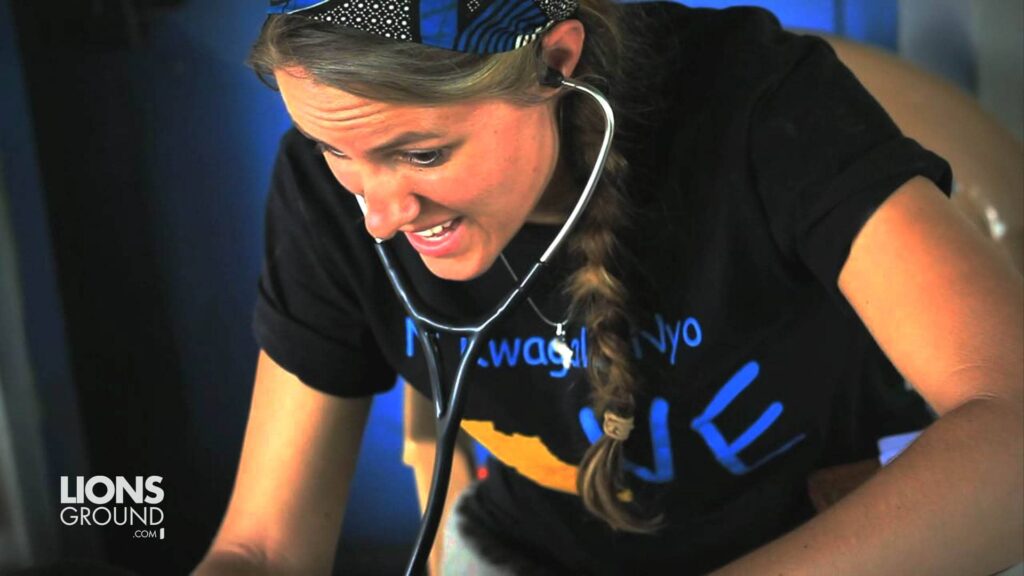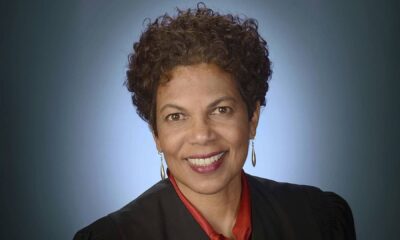Crime Watch
HBO’s ‘Savior Complex’: The Controversy Surrounding Renee Bach’s Actions in Uganda

The HBO documentary “Savior Complex” has recently come under scrutiny, sparking significant debate and backlash. The film delves into the actions of Renee Bach, an American who traveled to Uganda with the intent of aiding malnourished children. However, her endeavors took a controversial turn as she began treating these children without any formal medical training. This led to severe legal repercussions, with Bach facing lawsuits due to the alleged deaths of over 100 children under her care. As the documentary sheds light on these events, audiences worldwide grapple with the ethical implications of Bach's actions and the broader narrative of foreign aid work.
Background

Renee Bach, a native of Virginia, jumped on a journey to Uganda with a mission to assist malnourished children. In 2010, she founded a charity named “Serving His Children,” aiming to combat malnutrition and provide essential care to the needy. However, her noble intentions soon became a subject of controversy. Bach, despite having no formal medical training, began treating children at her center. Her blog, “Angels of Africa,” depicted her as a “white doctor,” a portrayal that was not only misleading but also dangerous. Between 2010 and 2015, the center admitted 940 children, with a tragic outcome of 105 deaths.
The gravity of these actions did not go unnoticed. In 2019, legal actions were initiated against Bach in a Ugandan civil court. Two mothers, whose children had tragically passed away after receiving treatment at “Serving His Children,” along with a civil rights organization, accused Bach of unauthorized medical practices that jeopardized the lives of vulnerable children. The lawsuit culminated in a settlement, with Bach and her charity agreeing to compensate each mother with approximately $9,500, without admitting any wrongdoing.
The entire episode raises critical questions about the ethics of foreign aid, the responsibilities of charitable organizations, and the potential harm of misrepresentation. As NPR reported, “An American with no medical training ran a center for malnourished Ugandan kids. 105 died.”
Recent Developments
The HBO documentary “Savior Complex” has been a focal point of discussions and debates since its release. The film, which delves into the actions of Renee Bach in Uganda, has garnered mixed reactions from the public. While some view it as an essential exposé on the dangers of unqualified individuals taking on medical roles, others criticize HBO for giving Bach a platform to share her narrative.
Legal actions against Bach have been a significant part of the story. After the revelation of over 100 children's deaths under her care, Bach faced multiple lawsuits. In July 2020, she settled a lawsuit in a Ugandan civil court, where she was accused of unauthorized medical practices. The settlement saw Bach and her charity “Serving His Children” compensating each affected mother with $9,500, without admitting any liability. Furthermore, in January 2021, The Guardian reported that four more Ugandan families were seeking compensation and awaiting a public apology from Bach.
Currently, Bach has returned to Virginia, accompanied by her two adopted daughters from Uganda. Following the controversies, the charity “Serving His Children” has been dissolved. Bach has expressed intentions of relocating to California to continue her life of service.
The documentary's release has also ignited discussions on social media platforms, with TikTok being notably vocal. Many users on the platform have criticized the documentary for centering on Bach rather than the affected Black children. As one TikTok user by the name Jules Buet stated, “Sometimes white people need to know to shut the fuck up. We just need to stop centering ourselves and centering our lives and trying to be the main character in black and brown people's lives and trying to be the main character in sub-Saharan Africa.”
Analysis and Implications
The “white savior complex” narrative, as highlighted by the Renee Bach controversy and HBO's “Savior Complex” documentary, has broader implications that extend beyond individual actions. This narrative, often perpetuated by Western media, paints a picture of white individuals as the “saviors” of underprivileged or marginalized communities, particularly in non-Western countries. Such a portrayal can inadvertently diminish the agency and resilience of these communities, reinforcing stereotypes and power imbalances.
Media plays a pivotal role in shaping public opinion. Documentaries, films, and news reports have the power to inform, educate, and influence audiences. However, with this power comes a responsibility to present narratives ethically and accurately. The backlash against HBO's documentary underscores the importance of this responsibility. When media platforms provide a voice to controversial figures or narratives without adequate context or critical analysis, they risk perpetuating harmful stereotypes and misinforming the public.
Ethical considerations are paramount. As Sojourners points out, the “white savior complex” can lead to “unintended consequences that perpetuate the very issues they aim to address.” It's essential for media producers to critically examine the stories they choose to tell, the voices they amplify, and the potential impact on the communities represented.
Conclusion
The HBO documentary “Savior Complex” has brought to light the controversial actions of Renee Bach in Uganda, sparking significant discussions and debates. Bach's portrayal as a “white doctor” and the subsequent deaths of children under her care have raised critical questions about the ethics of foreign aid and the responsibilities of individuals in such roles. Legal actions against Bach and the outcomes of these lawsuits further emphasize the gravity of the situation. As the documentary continues to be a focal point of discussions, it underscores the broader implications of the “white savior complex” narrative and its portrayal in media. The ongoing debate surrounding the documentary is indicative of its potential to influence public opinion and shape future humanitarian efforts.















